
BENEFITS OF LIFELONG LEARNING -In today’s fast-paced, ever-changing world, the concept of lifelong learning has become increasingly relevant and important. Lifelong learning refers to the ongoing, voluntary, and self-motivated pursuit of knowledge for personal or professional reasons. It extends beyond formal education, encompassing everything from self-study and on-the-job training to hobbies and new experiences. This approach to learning has profound benefits, not only for individuals but also for society as a whole. In this blog, we will explore the many advantages of lifelong learning, including its impact on personal growth, career development, mental health, and social engagement.
1.ENHANCES PERSONAL GROWTH AND SELF IMPROVEMENT
Lifelong learning is a powerful tool for personal growth and self-improvement. It allows individuals to continually develop their skills, knowledge, and understanding of the world. This process of continuous learning helps people become more well-rounded, adaptable, and capable of handling the challenges that life presents.
CULTIVATING CURIOSITY AND OPENNESS:-

Lifelong learning fosters a sense of curiosity and openness to new ideas. When individuals are committed to learning, they are more likely to explore different perspectives, question their assumptions, and seek out new experiences. This curiosity not only enriches their lives but also keeps their minds sharp and engaged.
Building Confidence and Self-Efficacy:-

As people acquire new skills and knowledge, they build confidence in their abilities. This increased self-efficacy empowers them to take on new challenges, set higher goals, and pursue their passions with greater determination. Lifelong learning, therefore, plays a crucial role in boosting self-esteem and self-worth.
Fostering a Growth Mindset:-

A key aspect of lifelong learning is the adoption of a growth mindset—the belief that abilities and intelligence can be developed through effort and learning. This mindset encourages individuals to embrace challenges, persevere in the face of setbacks, and view failures as opportunities for growth.
2. Improves Career Prospects and Employability:-

In a rapidly evolving job market, where technological advancements and globalization are constantly reshaping industries, staying relevant and competitive is crucial. Lifelong learning is essential for career development, as it helps individuals adapt to changes, acquire new skills, and advance in their careers.
Expanding Career Opportunities:-
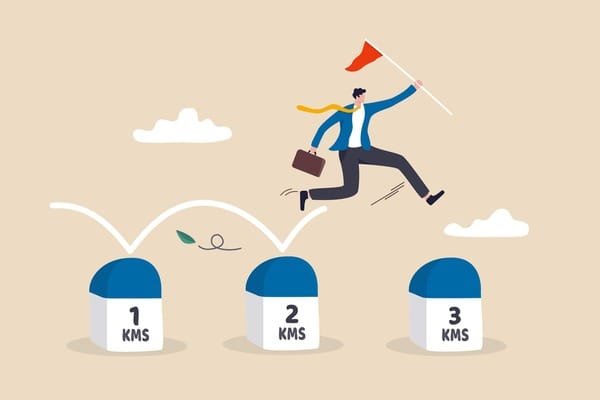
Lifelong learning opens up new career opportunities by allowing individuals to diversify their skill sets. Whether it’s learning a new language, mastering a new software program, or gaining expertise in a different field, acquiring additional skills can make a person more versatile and capable of transitioning into different roles or industries.
Increasing Earning Potential:-

Research shows that individuals who engage in lifelong learning tend to earn higher salaries. By continuously enhancing their skills and knowledge, they position themselves for promotions, raises, and other financial rewards. Employers are often willing to invest in employees who demonstrate a commitment to professional development.
3. Boosts Mental Health and Cognitive Function
The benefits of lifelong learning extend beyond personal and professional growth; they also have significant positive effects on mental health and cognitive function. Engaging in continuous learning helps keep the brain active, reducing the risk of cognitive decline and improving overall mental well-being.
Maintaining Cognitive Function:-
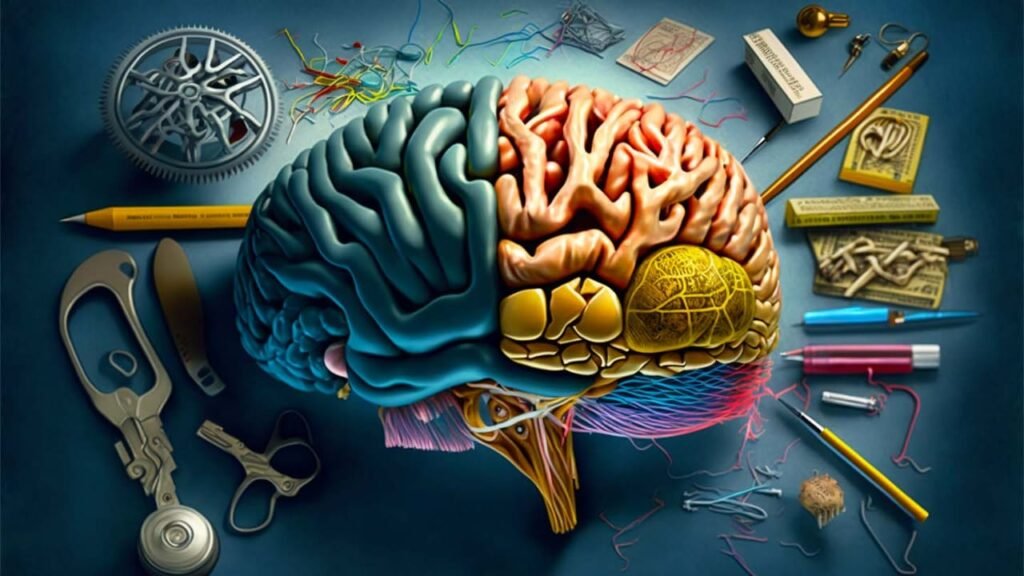
As we age, our cognitive abilities naturally decline. However, lifelong learning can help mitigate this decline by keeping the brain engaged and challenged. Studies have shown that engaging in mentally stimulating activities, such as learning new skills or acquiring new knowledge, can help maintain cognitive function and delay the onset of conditions like dementia and Alzheimer’s disease.
Reducing Stress and Anxiety:

Learning new things can be a great way to reduce stress and anxiety. The process of acquiring new skills or knowledge requires focus and concentration, which can serve as a distraction from worries and negative thoughts. Additionally, the sense of accomplishment that comes from mastering something new can boost mood and self-esteem.
Encouraging Social Interaction:

Many lifelong learning opportunities, such as classes, workshops, or group activities, provide valuable social interaction. Building relationships with others who share similar interests can lead to a stronger support network and a greater sense of community, both of which are important for mental health.
5. Stimulates Creativity and Innovation
Creativity and innovation are closely linked to the process of learning. Lifelong learners are often more creative and innovative because they are constantly exposed to new ideas, perspectives, and experiences. This exposure stimulates the mind and encourages creative thinking.

Enhancing Problem-Solving Skills:
Lifelong learning equips individuals with the ability to think critically and solve problems creatively. By engaging with new concepts and challenges, learners develop the mental flexibility needed to approach problems from different angles and devise innovative solutions.
Fostering a Spirit of Innovation:
Innovation often arises from the intersection of different fields and ideas. Lifelong learners, who are continually expanding their knowledge and skills, are more likely to make connections between seemingly unrelated concepts, leading to innovative breakthroughs
Encouraging Experimentation and Risk-Taking:
Lifelong learning encourages experimentation and risk-taking by fostering a mindset that is open to new ideas and experiences. Learners who are willing to take risks and explore uncharted territory are more likely to come up with creative and groundbreaking solutions.
Inspiring Artistic and Cultural Expression:
Lifelong learning can also inspire artistic and cultural expression. Whether through learning a new art form, exploring different cultures, or studying the history of creativity, individuals can tap into their creative potential and express themselves in new and meaningful ways.
6. Adapts to the Digital Age and Technological Advancements
The digital age has revolutionised the way we live, work, and learn. Lifelong learning is essential for adapting to the rapid technological advancements that characterise our modern world. It enables individuals to keep pace with new technologies, understand their implications, and leverage them to their advantage.
Staying Current with Technology:
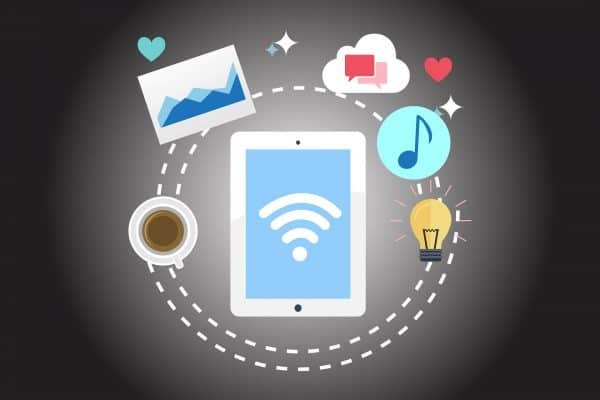
Technology is constantly evolving, and staying current is crucial for both personal and professional success. Lifelong learning ensures that individuals remain up-to-date with the latest technological trends and innovations, allowing them to stay competitive in the job market and effectively navigate the digital world.
Harnessing the Power of Online Learning:
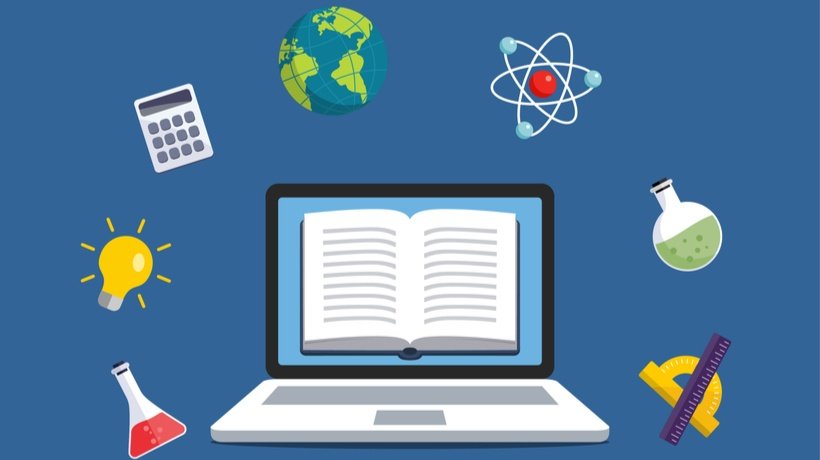
The rise of online learning platforms has made education more accessible than ever before. Lifelong learners can take advantage of these platforms to gain new skills, earn certifications, and pursue their interests from the comfort of their homes. This flexibility makes it easier for people to incorporate learning into their busy lives.
Navigating the Future of Work:

The future of work is being shaped by automation, artificial intelligence, and other technological advancements. Lifelong learning is key to navigating this changing landscape, as it allows individuals to acquire the skills needed for emerging industries and adapt to new job roles.
How should we start learning?
Starting a lifelong learning journey can be both exciting and rewarding. Whether you’re looking to acquire new skills, pursue personal interests, or advance your career, here are some practical steps to help you get started on the path of continuous learning:
1. Identify Your Learning Goals
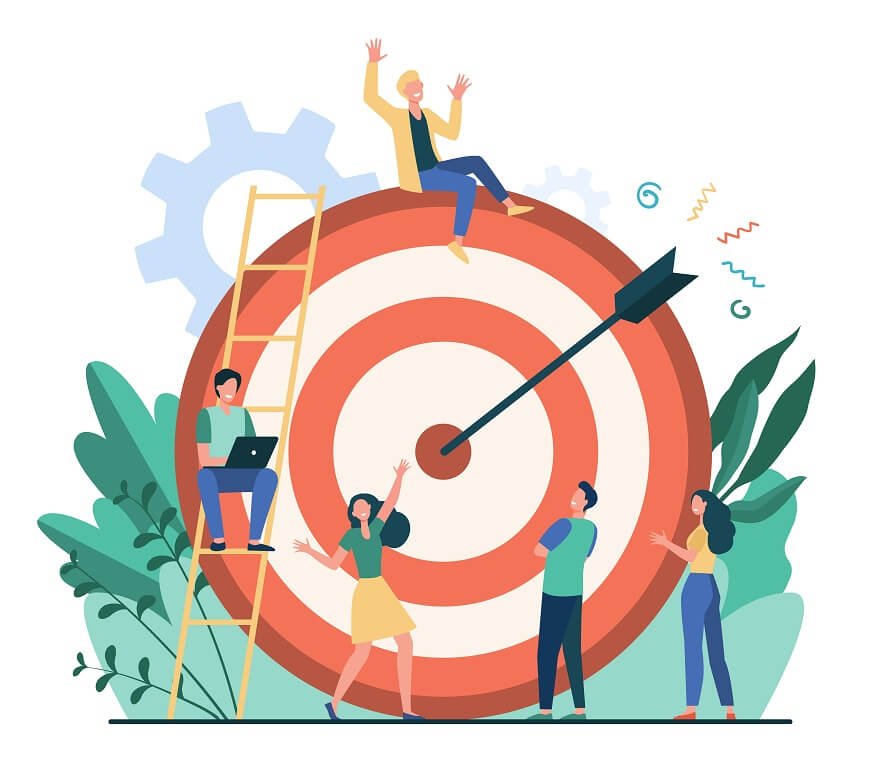
Before diving into any learning activity, it’s important to identify what you want to achieve. Understanding your motivations and goals will help you stay focused and choose the right learning opportunities.
- Personal Interests: What hobbies, subjects, or activities are you passionate about? Lifelong learning can be a great way to explore these interests more deeply.
- Career Goals: Are there specific skills or knowledge areas that could advance your career? Identify any gaps in your current skill set that you need to address.
- Self-Improvement: Do you want to develop certain qualities or abilities, like critical thinking, creativity, or emotional intelligence? These goals can guide your learning journey.
2. Start Small

Begin with manageable, short-term learning activities that fit easily into your daily routine. This approach helps build momentum without overwhelming you.
- Read Books or Articles: Start with a book or article on a topic that interests you. Reading is a flexible way to gain new knowledge at your own pace.
- Watch Educational Videos: Platforms like YouTube or TED Talks offer a wide range of free educational content on virtually any subject.
- Listen to Podcasts: Podcasts are a convenient way to learn while on the go. Choose topics that align with your learning goals.
3. Join Learning Communities

Learning with others can enhance your experience and keep you motivated. Look for communities that share your interests or goals.
- Attend Workshops and Seminars: Participate in local workshops, seminars, or webinars on topics of interest. These events offer hands-on learning and the chance to network with like-minded individuals.
- Join Online Forums and Groups: Engage with online communities, such as Reddit or LinkedIn groups, where members share knowledge, resources, and support each other’s learning journeys.
4.Experiment and Explore

Don’t be afraid to try new things. Lifelong learning is about curiosity and discovery, so explore different learning methods and topics until you find what resonates with you.
- Try Different Learning Methods: Experiment with various methods, such as hands-on projects, interactive simulations, or group discussions, to see what works best for you.
- Explore Diverse Subjects: Broaden your horizons by exploring topics outside your usual areas of interest. This can spark new ideas and lead to unexpected opportunities.
6. Reflect and Apply What You Learn

To maximize the benefits of lifelong learning, regularly reflect on what you’ve learned and find ways to apply it in your life.
- Keep a Learning Journal: Document your learning experiences, insights, and progress in a journal. This practice helps reinforce what you’ve learned and keeps you motivated.
- Apply Knowledge in Real Life: Look for opportunities to apply your new skills or knowledge, whether in your personal projects, work, or daily life. Practical application solidifies learning and boosts confidence.
CONCLUSION
Starting your lifelong learning journey is an empowering step toward personal and professional growth. By identifying your goals, starting small, taking advantage of online resources, and staying curious, you can cultivate a habit of continuous learning that will benefit you throughout your life. Remember, the journey of lifelong learning is not about reaching a final destination—it’s about embracing the process of growth, exploration, and discovery every step of the way.
For BUYING KITCHEN UTENSILS-CLICK HERE
Follow Our Youtube Channel-CLICK HERE
FOLLOW OUR FACEBOOK PAGE-CLICK HERE
FOLLOW OUR FACEBOOK GROUP-CLICK HERE